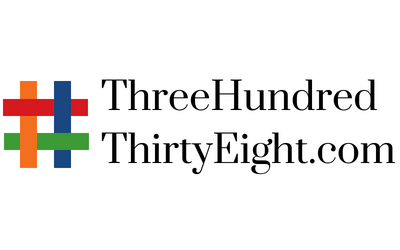By: Jennifer Peers
Now that the dust has settled from the 2019 federal election, it’s time the government challenges Quebec’s controversial Bill 21 as a violation of in the courts. To anyone familiar with Canadian history, a consistent theme has been Quebec versus the rest of Canada. Except this time, Quebec is taking on the role of Goliath rather than David, and the province is fighting marginalized groups in the name of secularism.
Bill 21 was introduced June 16th, 2019 by Quebec’s provincial government. The bill bans public sector employees from wearing religious symbols such as the hijab, turban, and the kippah. The need for federal intervention became evident by a decision made in the Quebec Court of Appeal on December 12th. In a challenge to Bill 21 before the Court of Appeal, all three judges agreed that the bill caused “irreparable harm” to affected public sector employees. Yet, two of the judges said despite their hands were tied due to Quebec’s application of the notwithstanding clause to the bill, meaning even though the bill is discriminatory it remains in force.
The notwithstanding clause allows Quebec’s government to violate certain charter rights of the public sector employees, including section 2(a) freedom of religion. If Canada wants to continue to be known as a model of multiculturalism, the federal government needs to risk animosity with Quebec. Bill 21 violates legislation that was created and entrenched in Canada’s constitution with the Canadian value of multiculturalism in mind. If the federal government will not defend its core values what will it defend?
The Coalition Avenir Quebec believes that Bill 21 is the piece de resistance to preserve secularism. Instead, it gives the perception of a culture intolerant of differences. Cities across Canada have come out against the policy, joined by religious communities and civil liberties organizations. This preoccupation with secularism has cost the province, talented public servants, by forcing them to choose between their faith or a job.
In a show of western paternalism, the provincial government has promoted a narrative around Bill 21 that claims they are returning autonomy to women who are required by their faith to wear hijabs. Bill 21 does not return autonomy it takes away autonomy from groups who are already marginalized in a society that privileges whiteness and being male.
It is not often that legislation violates not one but two charter rights. Bill 21 has the distinction of violating section 2A religious freedom and section 15 freedom from discrimination. These ends do not justify the means.
Minorities’ rights should not be sacrificed for a value that is not reflective of the modern world. Secularism is at odds with a world subjected to the forces of globalization; with growing diasporas bringing their own values, ideas and religions. Quebec cannot continue to resist the
change in culture that occurs when new waves of immigrants settle in their province. Immigrants bring important skills, ideas and economic investment that Quebec would not be as successful without.
As long as Quebec continues to promote intolerant secularism, it will be perceived as xenophobic. If Quebec is going to work effectively with other regions and governments, it will need to recognize that policy approaches like Bill 21 will only alienate the province further from the rest of the country. Other regions in Canada, such as Alberta, have long been resentful of the special status of Quebec. Bill 21 is material for regions like Alberta to point to when arguing that Quebec is given special privileges when it comes to creating laws. Bill 21 not only creates tensions regionally, but it puts the Quebec government up against the Canadian government. In imposing the notwithstanding clause, it is evident the Quebec government expected the bill to be challenged in court.
It is the job of the federal government to protect the rights enshrined in the charter which Bill 21 violates. Bill 21 forces the federal government to decide between maintaining good relations with Quebec or protecting the rights of minority Canadians. In creating this dilemma for the federal government, it encourages divisions between two governments that need to collaborate to serve the people of Quebec.
Quebec’s Bill 21 is evidence of the province’s commitment to secularism. While secularism may be a value important to Quebec, it should not come at the cost of marginalized people’s rights. As Canada continues to welcome immigrants to the country, Quebec will need to learn how to accommodate newcomers while maintaining its culture.
